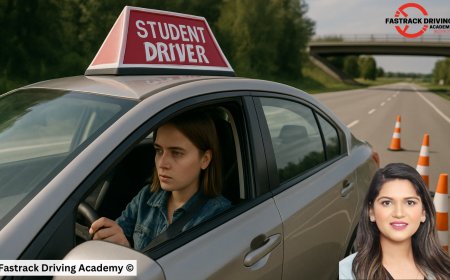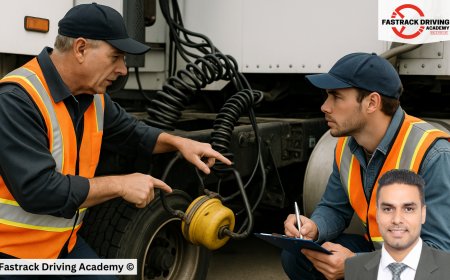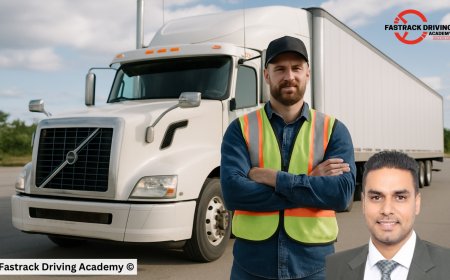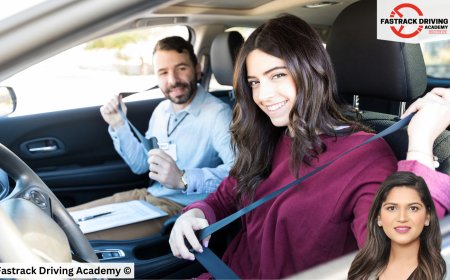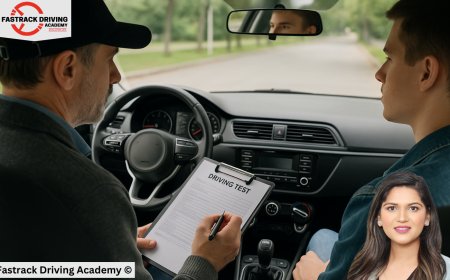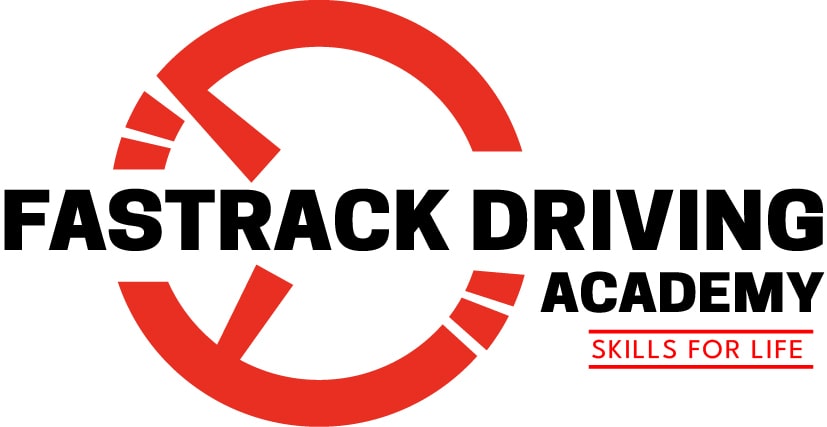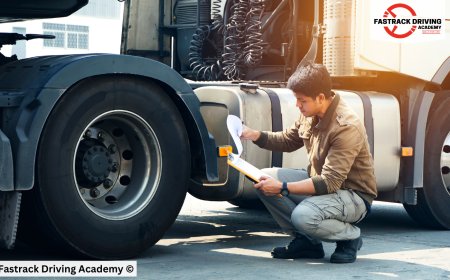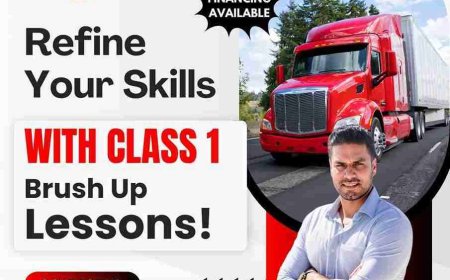How to Get Your Truck Driver License – A Step By Step Guide 2024
Looking to get your truck driver license in Calgary? Our comprehensive guide walks you through the process, from meeting basic requirements to passing the CDL skills test. Learn how to prepare using the CDL manual, enroll in top CDL training programs, and gain practical driving experience. Discover essential tips on obtaining a Commercial Learner’s Permit (CLP), passing the CDL exam, and getting endorsements like Hazmat or Tanker. Start your journey toward a rewarding career as a professional truck driver with confidence and the right training!
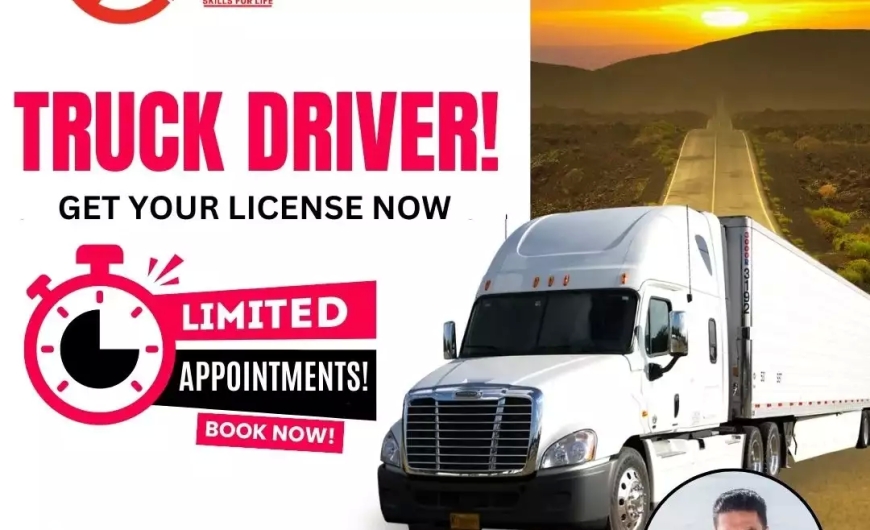
Looking to get the truck driver license in Calgary? Becoming a professional truck driver is a rewarding career choice with many opportunities.
Obtaining a truck driver license is an essential step in this journey. This guide will walk you through the process, ensuring you understand each step and what is required.
Understand the Requirements
Before beginning the process to get a truck driver license in Calgary, it’s important to understand the basic requirements for obtaining a truck driver license. Applicants must typically be at least 18 years old for intrastate driving or 21 for interstate driving. A valid standard driver’s license is necessary, along with a clean driving record. Additionally, candidates must pass a medical examination to ensure they meet the physical requirements for commercial driving.
Study the Commercial Driver’s License Manual
The Commercial Driver’s License (CDL) manual is your primary study resource. This manual contains all the information needed to pass the written knowledge test. Topics covered include vehicle inspection, basic control of the vehicle, and safe driving practices. Obtain a copy of the CDL manual from your local Department of Motor Vehicles (DMV) or download it from their website.
Enroll in a CDL Training Program
Enrolling in a reputable CDL training program is highly recommended. These programs offer comprehensive training that includes both classroom instruction and hands-on driving experience.
Topics covered typically include:
Vehicle Operation: Learning to operate commercial trucks, including shifting gears and handling various road conditions.
Pre-Trip Inspections: Conducting thorough inspections to ensure the vehicle is safe to operate.
Safety Protocols: Understanding and following safety regulations and practices.
Defensive Driving: Techniques to anticipate and respond to potential road hazards.
Obtain a Commercial Learner’s Permit (CLP)
Before you can take the CDL skills test, you need to obtain a Commercial Learner’s Permit (CLP). To get a CLP, you must pass a written knowledge test based on the information in the CDL manual.
The knowledge test covers topics such as general knowledge, air brakes, and combination vehicles. It’s important to study thoroughly and take practice tests to ensure you are well-prepared.
Gain Practical Driving Experience
With a CLP, you can now gain practical driving experience under the supervision of a licensed CDL holder. Most training programs include this hands-on experience as part of their curriculum.
Practical experience is crucial for building confidence and mastering the skills needed to pass the CDL skills test. Focus on areas such as:
- Basic Maneuvers: Practicing turns, backing up, and parking.
- Road Driving: Navigating different types of roads and traffic conditions.
- Vehicle Inspection: Performing pre-trip, en-route, and post-trip inspections.
Schedule and Pass the CDL Skills Test
Once you have completed your training and gained sufficient driving experience, it’s time to schedule your CDL skills test. The skills test consists of three parts:
- Vehicle Inspection Test: Demonstrate your ability to inspect the vehicle and identify any potential issues.
- Basic Control Skills Test: Perform basic maneuvers such as backing up, turning, and parking.
- Road Test: Drive on public roads while demonstrating your ability to operate the vehicle safely and follow traffic laws.
Passing all three parts of the skills test is required to obtain your CDL. It’s essential to practice thoroughly and follow the guidelines provided during your training.
Endorsements and Restrictions
Depending on the type of commercial driving you plan to do, you may need additional endorsements on your CDL. Common endorsements include:
- Hazardous Materials (Hazmat): Required for transporting hazardous materials.
- Tanker: Required for driving a vehicle with a large tank for liquids.
- Doubles/Triples: Required for pulling double or triple trailers.
- Passenger: Required for driving a vehicle designed to carry passengers.
To obtain these endorsements, you must pass additional written tests and, in some cases, practical exams. It’s important to study the specific requirements for each endorsement you need.
Maintain Your CDL
After obtaining your CDL, maintaining it is crucial. This includes adhering to all safety regulations, keeping your medical certification up to date, and complying with Hours of Service (HOS) regulations. Regularly review and stay current with any changes in laws and regulations that affect commercial drivers.
Conclusion
Obtaining a truck driver license involves several key steps, including meeting the initial requirements, studying the CDL manual, enrolling in a training program, and passing the necessary tests.
Each step is designed to ensure you have the knowledge and skills needed to be a safe and competent truck driver. With dedication and proper training, you can achieve your goal of becoming a professional truck driver and enjoy a rewarding career on the open road.
What's Your Reaction?









